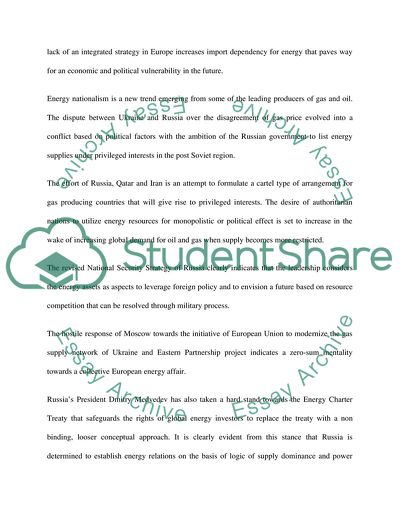Cite this document
(“From Russia to Kazakhstan: the New Energy Nationalism Case Study”, n.d.)
From Russia to Kazakhstan: the New Energy Nationalism Case Study. Retrieved from https://studentshare.org/history/1739088-from-russia-to-kazakhstan-the-new-energy-nationalism-takes-shape
From Russia to Kazakhstan: the New Energy Nationalism Case Study. Retrieved from https://studentshare.org/history/1739088-from-russia-to-kazakhstan-the-new-energy-nationalism-takes-shape
(From Russia to Kazakhstan: The New Energy Nationalism Case Study)
From Russia to Kazakhstan: The New Energy Nationalism Case Study. https://studentshare.org/history/1739088-from-russia-to-kazakhstan-the-new-energy-nationalism-takes-shape.
From Russia to Kazakhstan: The New Energy Nationalism Case Study. https://studentshare.org/history/1739088-from-russia-to-kazakhstan-the-new-energy-nationalism-takes-shape.
“From Russia to Kazakhstan: The New Energy Nationalism Case Study”, n.d. https://studentshare.org/history/1739088-from-russia-to-kazakhstan-the-new-energy-nationalism-takes-shape.


